
Introduction
Removal of the wisdom teeth, however an easy process it may sound to some of us, is, in fact, quite a troublesome one. Many different complications may occur depending on numerous factors and one should be prepared for those in order to react timely in case of occurrence.
First of all, anesthetics, given to ease and remove the pain during the extraction, may have some side-effects impacting one’s heart, vascular system, some other organs, possibly causing many other dangerous conditions.
Possible complications during and after the extraction itself only add on to the list of things to worry about.
Other possible complications during wisdom teeth removal
One thing that may cause us problems after the extraction are our sinuses. Namely, some wisdom teeth have their roots all the way up the entrance to the sinuses themselves and after the removal of the teeth small holes are created. Different bacteria may inhabit the sinuses through these holes during the healing process of the extraction, causing infections of the sinuses. Additional surgery is needed in order to treat this condition. Also, if the removal was incomplete and a small fraction of the tooth remained inside, it can cause the sinus infection as well.
Often, if the patients do not follow the dentist’s instructions during the healing process, smoking, eating inadequate food and drinking what they are not recommended to, they might suffer from a dry socket. This condition takes place if different harmful debris gets trapped in the socket left after the removal. It gets inflamed and causes severe pain.
Nerve damage presents another possible mishap. During the extraction, especially if the action itself is performed by an unskilled person, different nerves in one’s mouth may be damaged causing loss of senses in the mouth and many other irreparable consequences.
Also connected with the poor skills of the dentist comes jawbone fracture or damage done to the surrounding teeth due to neglectful extraction.
A small bubble of air may get inside of one’s blood vessels and the heart itself, all the way from the tooth socket, although these cases are rare.
Bleeding is another possible and often problem. Along with it come swelling, fever, headaches, nausea, and fatigue, all being some of the condition following the extraction of this tooth.
Worst case scenarios
The worst things that can happen mainly consider permanent facial deformation due to nerve damage, loss of certain senses and functions. Sometimes even eyes and nose functions may be altered.
Finally, there are known cases of death during this process caused by many different reasons.




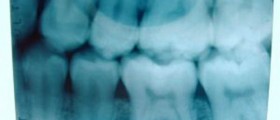






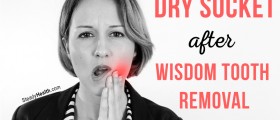


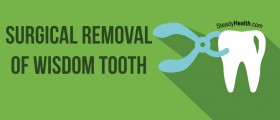
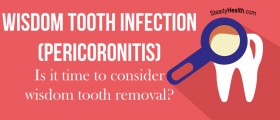
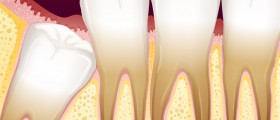
Your thoughts on this
Loading...